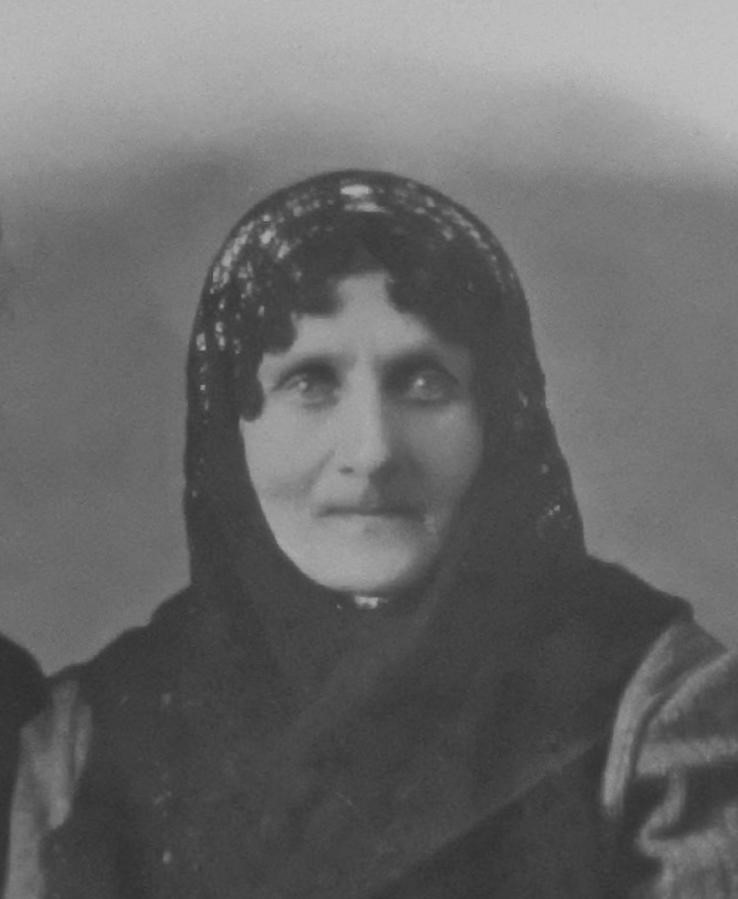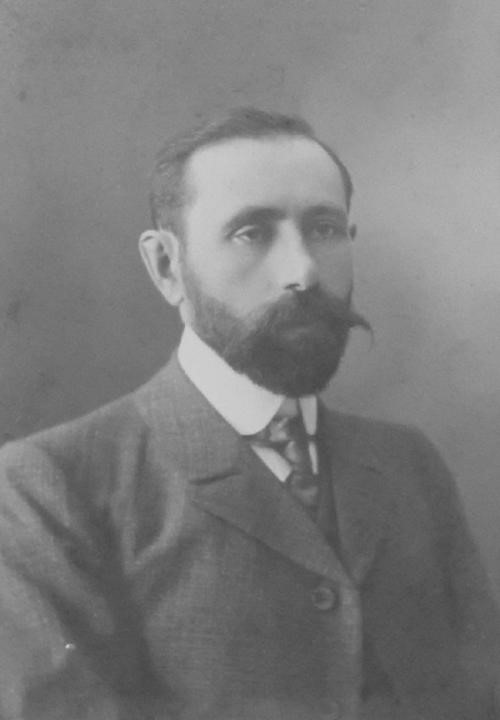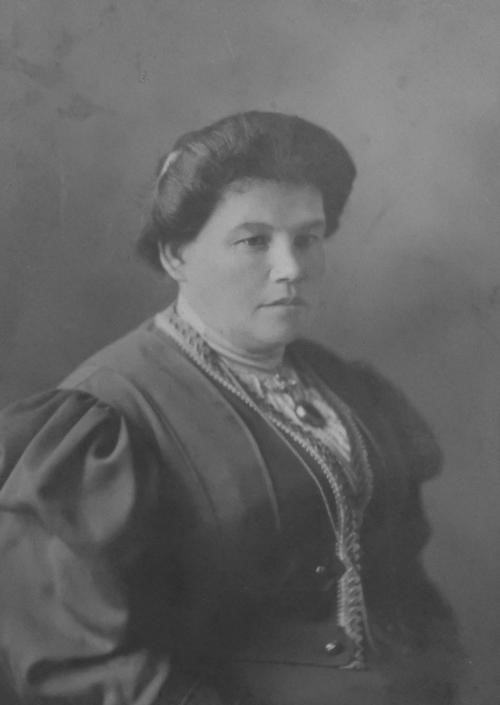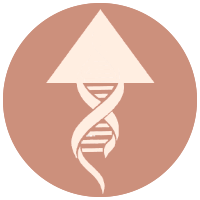It took months of painstaking work to conduct an in-depth and detailed search for information that would help me recreate the most complete picture of the genealogical history of the Yudkevich family. Thanks to the archives, I managed to find a great deal of valuable information from the pre-revolutionary period. Having studied the administrative-territorial division of the land (from country to region and region), I discovered that the first mentions of the ancestors of the Yudkevichs date back to 1812.
The surname Yudkevich comes from the Hebrew name Yudke (Yudka), which is a modification of the name Yeuta (Yehuda), and -vich at the end indicates that it belongs to the name. In other words, Yudkevich is the son of Yeuta. Yeuta himself is considered to be one of the 12 tribes of Israel.
During the reign of Catherine II, the Russian Empire, along with the annexed western regions (parts of Ukraine and Poland), received residents from those regions. I found the earliest mentions of representatives of the Yudkevich family in just in one of these regions – Chernigov province. So, one of the earliest known ancestors of this family was Leib Yudkevich who lived at that time in Chernigov (now part of Ukraine).
When researching the pre-revolutionary period, the most important archival source was a Vyatka guide book, which provided me with more information than a metric book. In addition, on the basis of a number of documents collected in the GAKO archives, I was able to find details about marriages in the Yudkevich family.
In 1781, the Little Russian province was territorially divided into Chernigov and Poltava. Chernigov province consisted of 78 volosts (united villages), 15 counties (united volosts), 13 posadovs and 5,761 other settlements. In total, there were about 3 million residents.
Due to the fact that I was able to find confirmation of the date of birth of Leib’s eldest son (1812) in the archives, presumably Leib Yudkevich himself was born 20 years earlier. Leib did not hold civil ranks and was the father of two sons.
His eldest son Alexander was born in 1812 and died in 1892 at the age of 80. He was married to Sarah Yudkevich and became a successful merchant and entrepreneur. At one time, he received the title of “merchant of the first guild” and the right to live outside the “Pale of Settlement” where he opened a large chain of stores in Vyatka province (now the Kirov region), as will be discussed a little later.
In 1780, by her decree, the Empress assigned all Jews to the merchant or bourgeois class. Literally 11 years later, she allocated land where Jews were allowed to settle and carry on their business. Such territories began to be called “traits of Jewish settlement”.
At that time, Vyatka province was second only to Kiev province in terms of population and was located beyond this “line”. For all the large numbers, only 14 Jewish families lived in Vyatka itself. This is due to the fact that the heads of these families were merchants of the first guild or cantonists (soldiers of the Tsar’s army, called to serve against their will). Yosel, the son of Leib, was one such cantonist.
Yosel, the second son of Leib Yudkevich, was born in 1813 in Glukhov (at that time, part of Chernigov province). He lived to 102 and died shortly before the start of the October Revolution. His grandchildren’s memoirs revealed to me that, at the age of 13, Yosel was kidnapped on the street, taken to a neighbouring city and forcibly drafted into the army of Nicholas I where he served as a drummer for 25 years. Until the last days of his service, he remained faithful to his religious views, despite the tyrannical attempts by local officers to convert him to other religions. After his service, and having married and had children, Yosel, as a Nikolayev soldier, settled with his family in Vyatka. Already in old age, he ran a grocery store. By the end of his life, he had become blind but he still retained a bright mind and could move without assistance.
Yosel married Judith, although she was significantly younger than him. In marriage, they had eight children: son Noah (1869 / b.), daughter Feig (1875 / b.), son Aron (1876 / b.), son Mordukh (1877 / b.), daughter Alexandra (1882), daughter Hanna (1888), daughter Liba (1889) and daughter Anna (1892). Their first child was born when Yosel was 36 and Judith gave birth to their youngest daughter at the age of 43, when Yosel was 59.
Now I will provide more details about the children of Yosel and Judith. I drew this information from archival sources, biographical books and memoirs. I also studied information in libraries and local history museums, and I personally met with the great-great-grandchildren of Leib Yudkevich.


Yosel’s son Noah was born in 1869. It was revealed that his wife was Nechama-Theodosius Levitus (1869 / b.). Noah was born in the same city, the “Chernigov”, and then moved with his father to Vyatka where he was known as a merchant until the onset of the First World War. After the October Revolution, he moved to be with his son in Foggy Albion where he worked as a tailor. His wife, Nechama-Theodosius, was still in Vyatka, and she managed the domestic servant and helped her husband with a chain of stores.
Before marriage, she lived in Minsk with her father. This is where she met Noah as he was his business partner. After the wedding, the family moved to Vyatka where Noah’s uncle Alexander had already organised a successful business, as will be discussed below.
In marriage, Noah and Nechama had six children: son Raphael-Moise (1892 / b.), daughter Love (1897 / b.), son Aaron (1899 / b.), daughter Alexandra (1901 / r.), daughter Maria (1906 / b.) and daughter Vera (1907 / b.).
In 1924, the family emigrated to England. Noah passed away in London at the age of 62 due to a car accident in a heavy London fog. Nechama lived for another 14 years, spending the rest of her life with her daughter Maria.
Yosel’s daughter Feiga was also born in 1875 in Chernigov. She spent most of her life in Vyatka, leaving only when one of her daughters was exiled to Irkutsk. In 1893, she married a merchant of the first guild, Abram Ravich, who was originally from Kazan. His main business involved collecting and processing textile products and wild animal skins. Alexander (son of Leib Yudkevich), Noy and Mordukh (grandchildren of Leib Yudkevich) also participated in this family business.

The textile aspect of the business occupied almost the entire production process; from buying flax from peasants to selling fabrics in stores. The redistribution was as follows: the purchase of flax, delivery to a local card factory, chemical processing in Belgium, weaving of linen in Ireland and the sale of Irish linen in Russia, including in Vyatka.
The second aspect of the business (wild animal skins) occupied almost the entire technological process: from buying the skins to selling them in chain stores. Abram travelled throughout Siberia and bought the skins of wild animals (brown and polar bears, foxes and other animals) from local residents. These skins were then sent for cutting and dressing, before being sent to the Nizhny Novgorod and Moscow auctions for sale. Abram lived for 52 years and is remembered as a man with an open mind.
For the rest of her life, Feiga lived in Moscow where she died aged 65, leaving behind nine children: son Mikhail (1893 / b.), daughter Eva (1895 / b.), son Leonid (1897 / b.), daughter Rose (1899 / b.), daughter Magdalene (1900 / b.), daughter Alexandra (1902 / b.), son Isaac (1902 / b.), son Peter (1903 / b.) and son Sergei (1906 / b.). Unfortunately, Isaac and Peter died in childhood before reaching adolescence.
Son Mordukh was born to Yosel and Judith in 1877 in Vyatka. I managed to find a lot of information about him in the Kirov archive. It was discovered that in adulthood he married Etta. Before the Revolution, he was a worker. Between 1918 and 1922, he was known as a notable cutter in the workshop, and then he progressed to head of the local warehouse of the Provincial Committee of the Leather Industry. It is known that he owned a chain of stores in Vyatka.
Mordukh and Etta left behind four children: daughter Slava (1906 / b.), son Abram (1909 / b.), daughter Riva (1912 / b.) and son Joseph (1914 / b.).
Then, in 1882, a daughter, Alexandra, was born to Yosel and Judith, again in the city of Vyatka. Aged 19, Alexandra married a certain Velyamin Bleher (born in 1872) and they had three children: daughters Sara (1901 / b.) and Elena (1905 / b.) and son Yakov (1906 / b.). Alexandra lived a calm and happy life in Perm, staying with her daughters to the very end.
Daughter Hannah was born to Yosel and Judith in 1888 and died in infancy due to an unknown disease.
Anna, another daughter of Yosel and Judith, was born in Vyatka in 1892. My research found that at the age of 20 she married a military officer, Yakov Levit. The couple had two children: daughter Eva (born in 1912) and son Miron (born in 1914). They moved with their children from Russia to Cuba immediately after the end of the First World War and lived there for about 11 years. After that, the family moved to America and settled in Brooklyn (New York) where they opened their own business producing and selling ice cream. Yakov lived for 44 years and died in New York, while Anna lived to the ripe old age of 80.
My study of the Yudkevich family took more than four months to complete. During this period, five archives were visited, several biographies were read and a family tree was built, including 95 members and 72 records. It can be viewed HERE.
Currently, Leib’s great-grandchildren and great-great-grandchildren live in more than six countries, including Russia, the USA, England, Germany, Israel and Australia.
enquiry![]() truegenealogist.com
truegenealogist.com
